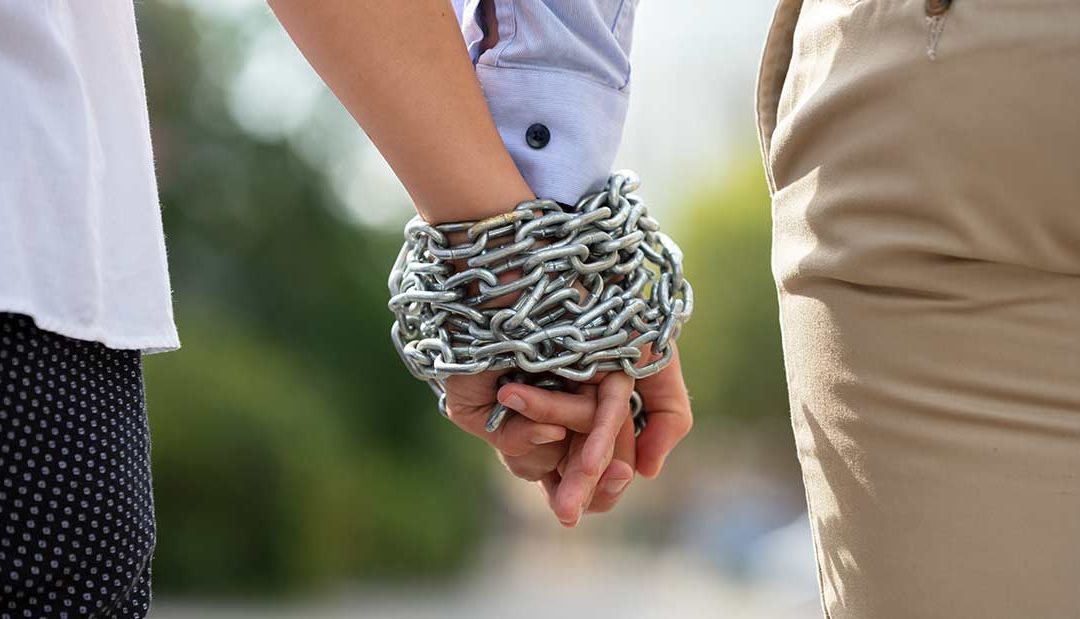Keyword: Codependency
Codependency is a cycle, and there is a way to thrust a branch of reason in between its spokes. Pun-intended, but this is a really effective illustration of the problem’s fix, and that will be explored below. The (bi)cycle of dependency has got to be crashed by the branch of reason. It could be a big or little crash; whatever it is, it will prevent the rider from flying over a cliff.
How Codependency Works
With codependency, a couple mutually enables their own bad behavior. One example is approval. Sometimes a relationship develops between a couple that isn’t founded on something healthy, but is instead founded on one party finding identity through the other party. They can say to themselves: “I know who I am. I’m so-and-so’s partner.” When this happens, suddenly the other individual is looked to for personal validation. They are, in a strange sense, worshiped; which necessarily leads to an inflated opinion of themselves.
Reciprocally, when you become such an object of another’s desire and emotion, you may begin to unconsciously feed from it. Suddenly you develop your own dependency on that other person, and so emotional ebbs and flows will lob resentment back and forth like a tennis ball on a court. This is the cycle. Now: it could be that one person is providing another with a substance, it could be that one person is discouraging the other from using a substance, and in a paradoxical way the codependent is acting out in rebellion. There are no two situations of codependency that are precisely alike, just as there are no two people that are precisely alike; but there are patterns, and one of those is the situation’s cyclical nature.
Breaking The Cycle
There are many different ways to break this cycle, and they are going to vary based on the situation. Sometimes psychotherapy is an option that will break the cycle in several sessions, sometimes it’s all but worthless. Some recovery options can lead to a break from codependency and a transition into a worse mentality; like that of the “victim” mindset. This is equally undesirable. They key is in bringing a person to a state where they have a value of themselves that is not codependent. Where their self-worth isn’t reliant on the charms, approval, disapproval, or emotional edge that comes from another person or thing.
To do this requires fundamentally changing an individual’s perspective. Chemical therapy has been used to treat depression and codependency, but this isn’t recommendable except in the most necessary cases where literally no other option presents itself. All this does is trade dependence on a person to dependence on a substance, and while that can sometimes be the best solution, often it’s not. What is much more effective is a support group that has members who have experienced the same kinds of issues.
Group therapy is recommendable for your young adult or teen suffering from issues of codependency, but there should be some individual concentration as well. After all, everyone is different. In this vein, there are actually a number of 12-step recovery programs available for the recovering codependent individual, and many of them focus on a higher power. Focusing on a higher power often gives you the proper perspective to change your thinking, and thus break the cycle.
Finding Proper Treatment
Whatever kind of help you choose to get for the loved one in your life suffering from codependency, or even yourself, be sure you choose an agency that can mete out its therapy on an individual basis, as well as a group one. There is no one-size-fits-all.


Recent Comments